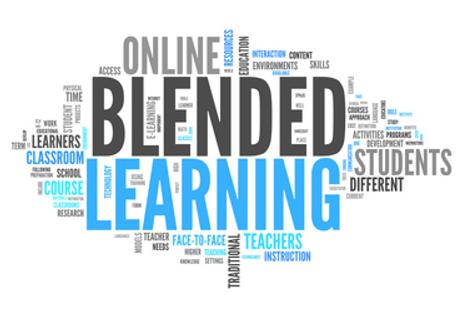Some school administrators understand social media's power as part of their marketing strategy. Others think it is merely an adjunct to their other marketing tools. Still, others think they know how to use social media and have no clue how to use it effectively. This short article is aimed squarely at small to medium-sized private schools which cannot afford marketing staff and expensive marketing programs. My observations and suggestions are rooted in many years of observing how small to medium-sized private schools manage their marketing. Some do very well. Others don't seem to understand how to manage it.
Successful marketing at any level requires persistence and consistency. Professionals know that. Indeed that is what you are buying when you hire a professional marketing firm to design your website or handle your social media strategy. With this as our backdrop, let's explore a couple of low-cost yet effective ways in which we can make your YouTube Channel more effective.
Control it
My training and education as a classical musician and technology professional have taught me to be a control freak. I would never have dreamed of letting my choirs wander all over the place musically. I knew how I wanted a piece of music to sound. I controlled all aspects of my choristers' performance to produce the desired result. That is what you have to do with your school's YouTube channel. You will receive much free advice as you begin to post your videos. "We need a video for


































